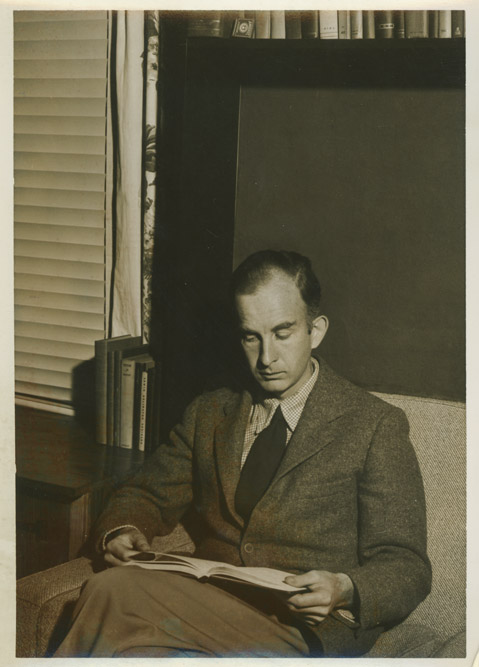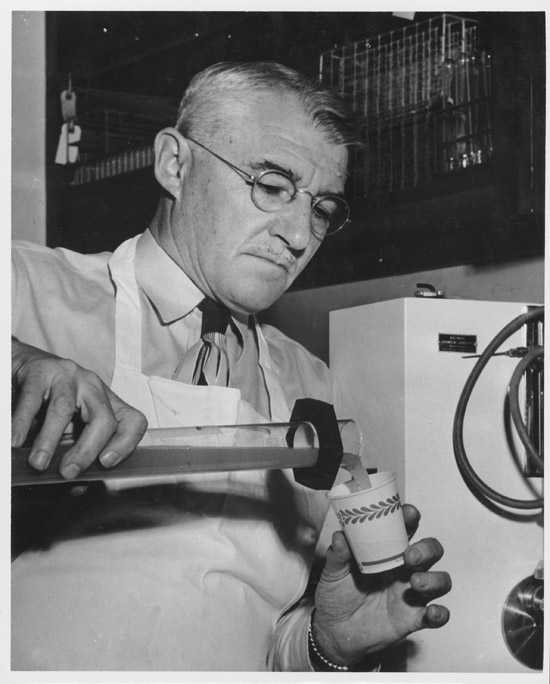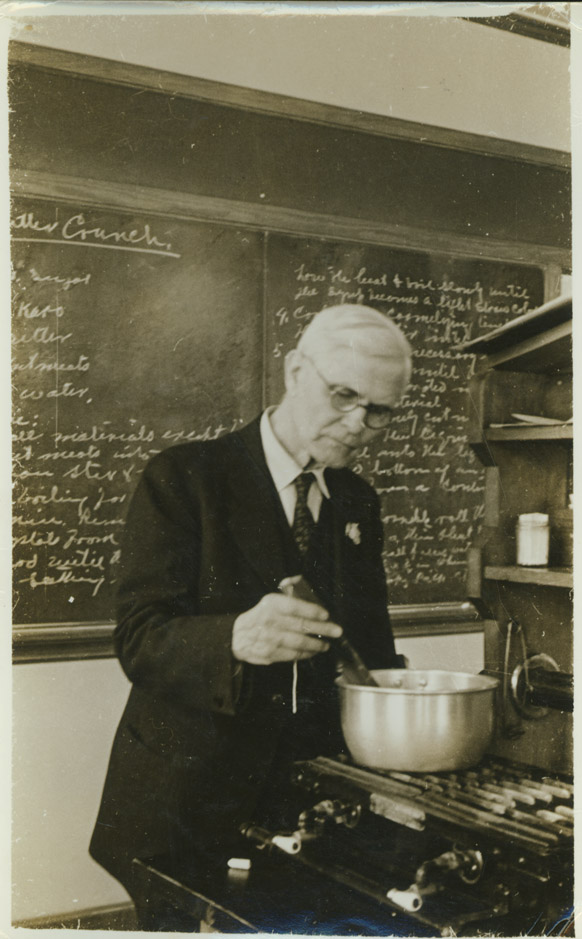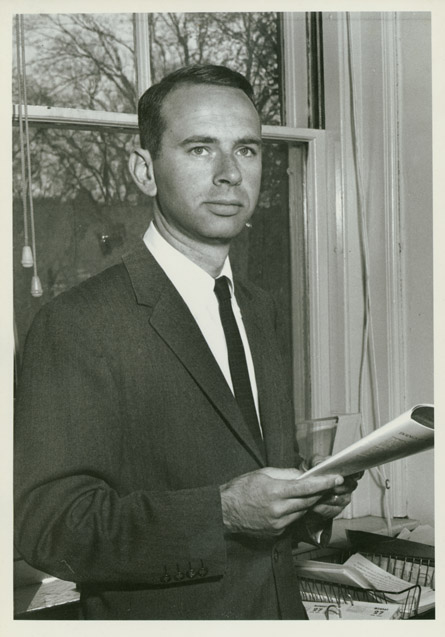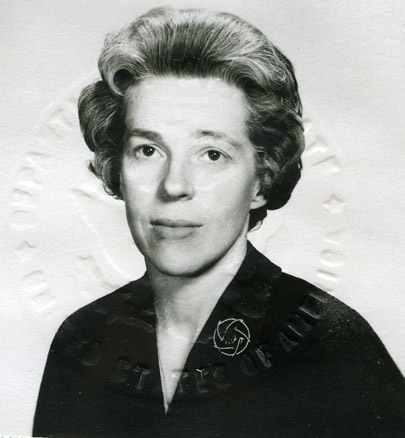Marshall O. Lanphear Papers
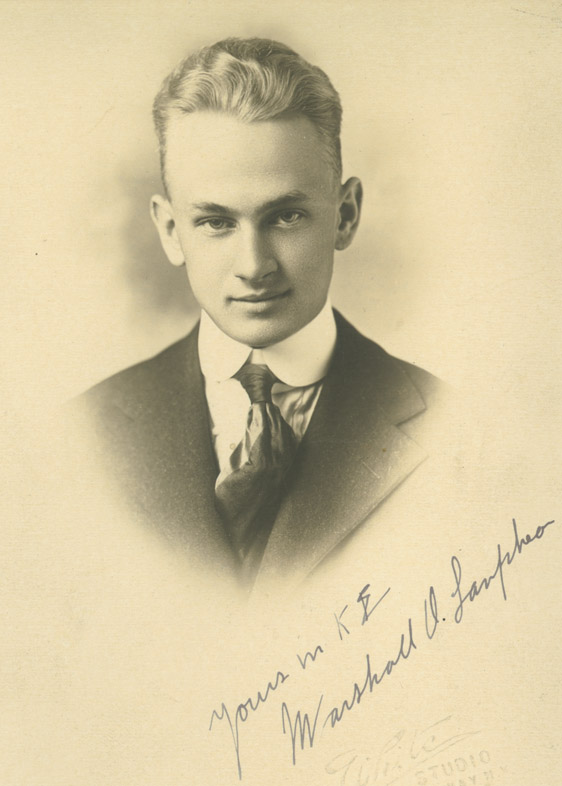
Marshall O. Lanphear spent forty-five years at Massachusetts Agricultural College, earning his B.A in 1918 and a Master’s in 1926, after which he taught agronomy and served as college registrar. After service as an infantryman at the end of the first World War, Lanphear worked briefly as an instructor at the Mount Hermon School before returning to MAC for graduate study. Known to his colleagues as “Whitey,” he taught courses on farm management, dairying, and pomology and on his retirement, Lanphear was awarded an honorary doctorate of humane letters. He died on April 24, 1993 at the age of 98.
The Marshall O. Lanphear Papers include a number of his published articles, correspondence regarding his honorary degree, speeches, lecture notes and personal items including illustrated Christmas cards from 1915, his 1917 driver’s license, and correspondence related to his retirement. There is also a folder of business records from the college farm.

